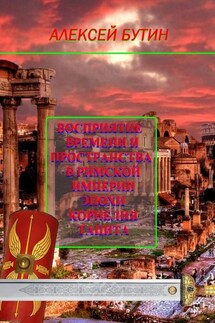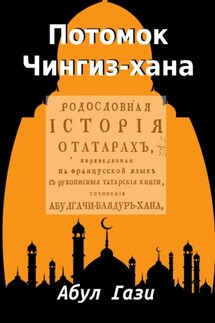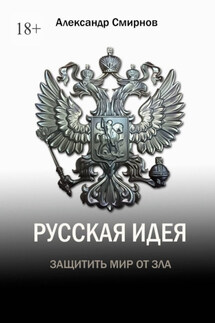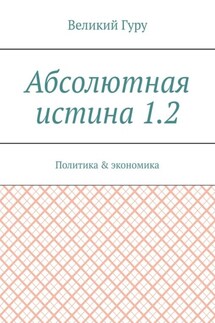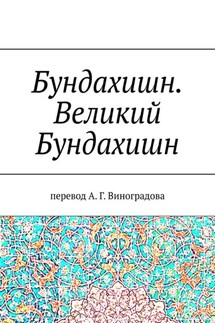Восприятие времени и пространства в Римской империи эпохи Корнелия Тацита - страница 2
In the works of Tacitus, the action of the two main driving forces of the historical process is observed. First, these are individual interests and aspirations, in which the individualization of time is expressed. He recognizes the fundamental role of the individual in history (which is completely inconsistent with the polis republican ideology). The second driving force behind his story is the influence of the will («anger») of the gods and the inevitability of fate.
The consciousness of Tacitus as an erudite historian, who had the opportunity to compare the past and the present, which belonged to his time and his civilization, reflected a specific refraction of Roman history, expressed in its complex and contradictory historiosophical concept.
The perception of the past was carried out by Tacitus through the prism of two opposing trends: the attainment of the greatness and glory of Rome and the degradation of public morality. The first tendency was expressed in the idea of «Pax Romana», the essence of which was to spread Roman influence throughout the known world; it is, in other words, a kind of prototype of modern globalization. The idea of «Pax Romana» received its final design under Augustus, and, accordingly, the «Roman World» was conceived by Tacitus already existing in the present tense. The second, the opposite, is a tendency embodied in Tacitus in full acceptance of that formed in the first century. BC. the concept of «moral damage», which implies an assessment of Roman history from the point of view of moral degradation of society. In the past, there were examples of moral virtue, military prowess and just government. In the present, sacred laws and customs were violated all the time, the sanctity of the territory of Rome itself was desecrated, the fall of piety, one of the main components of the republican virtus, occurred.
The ideal for Tacitus was the admirable Roman past. It was there that were samples of morality, military valor, civil virtues, only the past should have been admired. Therefore, it was in him, and not in the present and not in the future, that the so-called «golden age» of Roman history was located. The desire to preserve the traditional Roman morality, the intention to revive republican ideals and values with the help of his writings were for Tacitus the most important tasks of the historical narrative.
So, the comprehension of the concepts of «time» and «space» by the inhabitants of the ancient Roman civilization was complex and controversial, closely related to the general characteristics of their vision of the world. Among the results of this understanding, there is a significant number of features that are related to it with generally accepted ideas about the space-time structures in the consciousness of the peoples of antiquity. On the one hand, the general principles of constructing these concepts were typical of ancient peoples, but, on the other hand, the very course of the history of the Romans predetermined the specifically Roman content of their perception of time and space of their social reality. The space and time of war, filled with the idea of world domination, an intense and attentive perception of public life, a rational and politically biased understanding of the sacred coordinates – these are truly Roman features of understanding the world.
